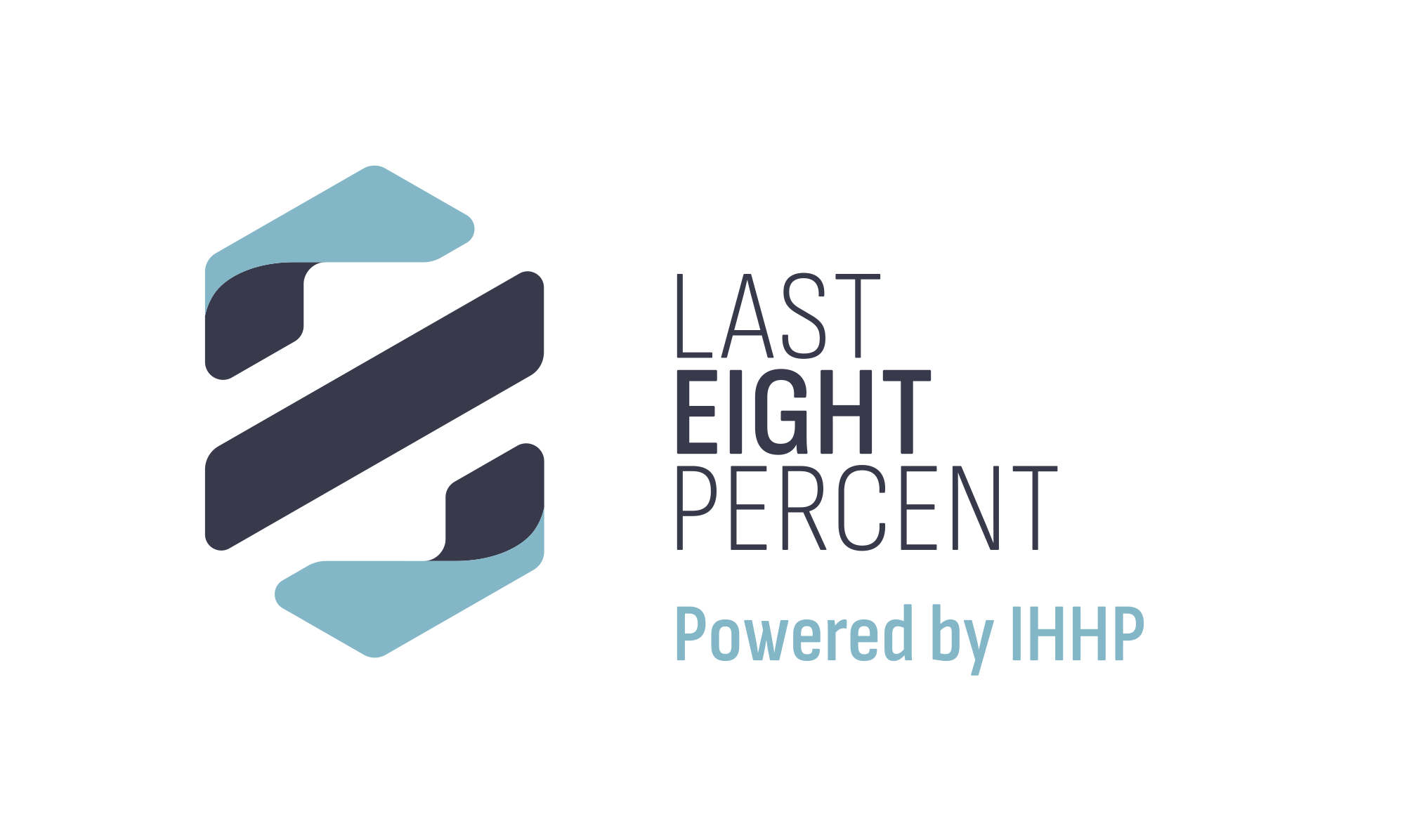Original Publication: The CEO Magazine
Original Publication Date: September 29, 2017
There are many factors that go into the gender pay gap and the lack of gender diversity in senior leadership teams of most major organizations. While there are many cultural, historical and structural reasons for this, the idea of limiting beliefs is one that Michelle Thomas, the Global Leader of Inclusion and Diversity at MARS, believes is one of the most significant reasons.
I had the opportunity to sit down with Michelle and get her perspective on the idea of limiting beliefs, which she describes as thoughts about ourselves and others that we are not aware of, that drive behaviors that may limit success. Thomas has identified the behaviors she believes come from limiting beliefs, and three significant impacts this may be having on your business.
As a CEO or Senior leader (male or female), it’s critical that you become aware of your limiting beliefs, the behaviors it leads to and the impact that’s having – not only on women, but on your business. As you read through these, ask yourself honestly, which of these limiting beliefs do I have?
Impact #1: Lack of representation of women at senior levels or in certain functions
Possible limiting beliefs that lead to this impact:
• Men are better leaders than women.
• Women should not be in charge.
• Women are good listeners and communicators.
• Women are in marketing, HR and communications.
• Women do not have technical skills and are not good analytic fields such as engineering
Behaviors these limiting beliefs can lead to:
• Men and women are not evaluated equally – even when demonstrating the same behavior (e.g. assertiveness).
• Women are successful in certain functions like HR, CA, legal, marketing.
• Many women continue to have dual roles – at work and at home.
• Women are not evaluated equally in STEM functions.
• Women don’t feel they can handle more senior leadership positions given their personal commitments, so they don’t ask for as many promotions.
In order to overcome this impact, both men and women need to believe that women are just as capable as men in senior leader roles and that the home & family commitments are shared. This is a challenge. In IHHP’s research study for our Women Under Pressure initiative, we found that only 32% of women feel their organization has the same confidence in their abilities as it does their male counterparts.
Here are what some of the senior women from our research study had to say:
“When my boss and I disagree, I feel like he does not trust my expertise like he would trust that of a male in my same position.”
“I must prove over and over that I am competent. The men can perform at a lower level and get positive recognition. I will be highly criticized for any slip ups, no matter the impact.”
Impact #2: Women earn less money than men
Possible limiting beliefs that lead to this impact:
• Women are supposed to make less money than men.
• Men are the primary source of income for a family so a woman’s income is additive
• A woman’s husband works
• Women are not supposed to work
• Women should focus on being responsible for raising children.
• If a woman brings in less income, she should take on more of the home and family duties.
Behaviors this may lead to:
• Women look for jobs with limited travel, less hours and want more time off to take care of family priorities.
• Women feel undervalued for doing the same work as men and therefore may not feel confident to ask for raises and promotions.
• Men unconsciously assume that males need to make more money than women because they must be the “breadwinner”.
As a male, when I first read this I thought “I don’t think that way”, but when I self-reflected, I realized it’s probably true that I have thought if women makes less money, they should do more around the house. Shame on me! I have two daughters and I don’t want them growing up thinking they can’t take on a senior leadership job because they might make less money and therefore have more of the responsibility at home.
When women feel they have more responsibility at home, that can contribute to the belief they can’t take on more responsibility at work (which leads to making more money). Another example of this is the pressure women feel around the holidays. Many women who work full time at IHHP have shared that they feel they should do most of the work at the holiday’s – buying presents, planning family get togethers, cooking, decorating, etc. If men work the same number of hours as women, why do a lot of women do most of the work for the holidays? Come on men, help!
Impact #3: Women’s voices are not heard if they do not speak the loudest – and innovation suffers.
Possible limiting beliefs that lead to this impact:
• If you speak loud enough or often enough … you will be heard.
• A strong leader is decisive, articulate and has a strong voice and a big presence.
• Women are good listeners, more inclusive and have more empathy so their role on a team is to be collaborative and team centered.
• Women are quieter than men and not meant to speak out.
• it’s ok for a boy to scream and yell, but female children should be seen and not heard
Behaviors this can lead to:
• Women’s ideas and feedback are not heard because men speak over them.
• Those who speak loudest or the most often are valued and listened to.
• Men get credit for women’s ideas.
• Women feel undervalued and become less confident about speaking up.
In our research study, we heard over and over again that women who are part of a team of mostly men, often struggle to have their voice heard. When they do try to emulate more male assertiveness, they are often accused of being aggressive, pushy or worse.
It is critical to have women’s voices heard, especially when important decisions are being made. In our Women Under Pressure white paper, we explain that women’s brains work differently under pressure. Women get more blood flow to the hippocampus, which means can see more options and variables then men. Men on the other hand, can suffer from tunnel vision and miss important information or different solutions because they don’t get as much blood flow to the hippocampus under pressure.
This is not to say that women are better than men, in fact, research is clear that both male and female perspectives are needed. In a research study at Pepperdine University, it was sown that teams that are balanced outperform teams of all men or all women by a large margin.
One research study participant summed it up very well:
“Any organization that is all female or all male has inherent weaknesses. I have seen a better product/solution to the marketplace when there are equal parts men and women, as more aspects of an issue are considered. For example, males tend to move forward without too much thinking about consequences, while females tend to ruminate. The combination of these two sides brings a nice balance to work.”
Summary:
Most people would agree that some (or all) of these limiting beliefs are having an impact on the gender pay gap and lack of women in senior leadership positions. Overcoming these limiting beliefs will be the topic of a future article, but it starts with each of us honestly evaluating which of these limiting beliefs we have, questioning those beliefs and then changing our behavior to reflect that.
For Michelle at MARS, helping people identify these limiting beliefs and changing the resulting behaviors is one of the paths she sees to creating an even more diverse and inclusive culture.

